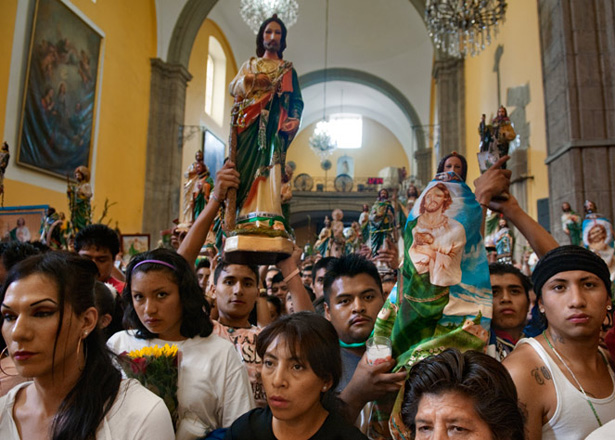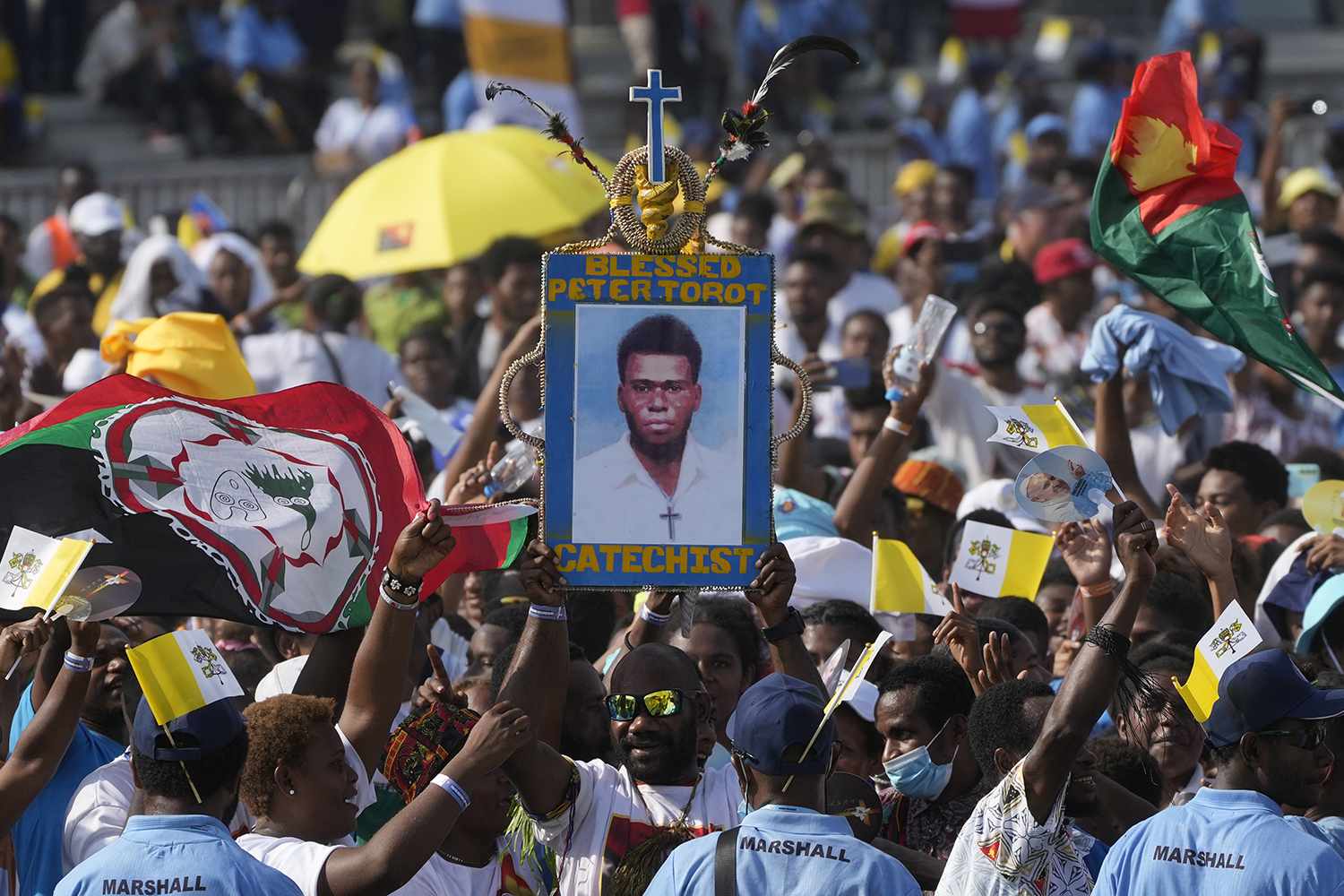The Church in search of solutions
Joaquim Magalhães de Castro
Referring to what is the biggest plague in his country – endemic violence – Monsignor Rogelio Cabrera López, President of the Episcopal Conference of Mexico (CEM), questions the faithful about their role in resolving the problem. The appeal follows a campaign carried out by the Catholic Church at national level with the aim of putting an end to this “absolute evil”, using dialogue as the main weapon. And the Church will do this through “meetings, dialogues and forums”, thus seeking to involve the entire community in the “sincere pursuit” of this objective.
Basically, it is simply a matter of guaranteeing the basic “security and justice for all” in an increasingly complicated context. According to data from the Executive Secretariat of the National Public Security System, Mexico recorded 15,122 homicides in the first half of 2023. In June alone, 2,536 homicides were reported. This year’s National Census of the Federal and State Penitentiary System indicates that in the 284 penitentiary centers throughout Mexico there are 232,230 people detained, of which 217,657 are men and 13,073 are women. Another impressive figure revealed by the Ministry of the Interior is the number of missing people: between 1962 and 10 September this year, the number reached 111,461.
Speaking to the Catholic News Agency (CNA), Monsignor Cabrera, also Archbishop of Monterrey, is peremptory: “In a country where there is no justice, order and tranquility are impossible!” In a video that clearly expresses concern about the fact that “we live surrounded by violence,” the Episcopal Conference of Mexico comments on some of the most emblematic cases. Like that young woman from Milagros who was stabbed to death for refusing to hand over her money to her attacker or those parents who violently beat a teacher for reprimanding their son. For the Mexican bishops, this reality can be changed through education, especially within the family.
“It is important to strengthen love and help heal wounds, recognizing that overcoming violence will only be possible with the skillful use of tools obtained through prayer and education, essential tools that allow us to speak a language of peace,” says the message that accompanies the aforementioned video, then inviting all parishes and lay movements to participate in the Eucharistic celebrations of the Monthly Day of Prayer, an initiative that emerged following the brutal murder of two Jesuit priests in June 2022, when they were heading to a Eucharistic procession, and is part of the Catholic Church’s strategy to mitigate violence. The victims were from the Triquí ethnic group, natives of the state of Oaxaca, a common scene of violent clashes between armed groups.
At the same time, two catechists from the parish of San Juan Bautista Copala, diocese of Huajuapan de León, were killed by armed men. The violent attack occurred just three days before the Mexican Church gathered to pray for the victims of the violence. The Attorney General’s Office of the State of Michoacán is also investigating the murder of Father Javier García Villafaña, which occurred on May 22 of this year. This priest was found dead, shot in the back of the head, on the road leading to the community of Capacho, to which he belonged.
“Each loss of human life is a tragedy that saddens us deeply, but also makes us reflect on the importance of working together for good and peace,” reads the note issued by the episcopate in this regard. The Church in Mexico has been tireless in developing projects that promote peace with a view, in the near future, to a National Network for Peace “that connects the various actors involved, strengthens local capacities and draws up a national agenda to improve the system of justice and public security.”
Recently, the Archdiocese of Monterrey held a diocesan meeting called ‘Come Closer’, in which ordinary people were invited to express their views on how peace can be achieved. “We had meetings of businessmen, women, young people, seminarians, priests; all this in favor of peace in our state of Nueva León and in our diocesan territory,” said Monsignor Cabrera. The prelate recalled that he has been working for some time on the “promotion of the social fabric”, especially in popular neighborhoods, where people, in addition to violence, suffer from extreme poverty and have few opportunities for integral development, especially all those involved in drug trafficking and other criminal activities.
“In our archdiocese, there are around ten thousand prisoners, men and women, who we must encourage, promote and guide towards a path of conversion so that, when they are free, they can respect the law and respect human beings,” explained Monsignor Cabrera.
“Another task is the apostolate of the ‘New Race’, in which missionaries work with young people who live on the streets or are part of multiple gangs, trying to convert them, so they become missionaries who can henceforth carry the proclamation of the Gospel. The Catholic Church has the task of convincing people that the way of peace is the way of God.”


 Follow
Follow


